By Uditha Jayasinghe
Sri Lanka remains at the bottom of the pile on Budget openness, public engagement and transparency, ranked second to last in South Asia in the latest global Open Budget Survey, a prominent think tank said yesterday.
The global release of the latest Open Budget Survey, which was released worldwide yesterday, scores 115 countries on the openness of their budget process. The survey is conducted every two years. The recent assessments of the 2013/14 and 2016/17 budget processes have placed Sri Lanka 60th in the world and amongst the lowest ranked countries in South Asia.
In the latest survey of the 2016/17 budget process, Sri Lanka scored 44 out of 100, coming in next to last in South Asia, tied with Pakistan. Afghanistan performed better than Sri Lanka, but Bangladesh remained behind.
In the latest assessment, compared to the previous iteration, Sri Lanka improved in the information provided each quarter, on revenue, expenditure and debt.
However, the quality and timeliness of this information continued to fall short of many of its peers, Verite Research said. The Open Budget Survey evaluates countries on three elements. It looks at the disclosure of Budget documents, Budget oversight and public participation in the Budget formulations and amendments to the Budget. The countries are given a score out of hundred and they are then ranked.
“Sri Lanka’s score over the years has been mixed, commonly improving during times when the country had a program with the International Monetary Fund (IMF) but returning to lacklustre performance once it wraps up. In the 2006/2007 ranking and the 2008/2009 edition Sri Lanka improved its score to 64 and 67 but it reduced to 39 in 2013/2014 and increased to 44 in the latest edition of 2016/2017,” Verite Research Executive Direct Dr. Nishan de Mel told reporters.
“What we see from the past is that Sri Lanka is capable of doing a lot better. Sri Lanka has seen marginal improvement from the last survey. In terms of public participation Sri Lanka lags behind all other countries expect Pakistan in the region. Nepal was the last ranked country in the last survey but has seen tremendous improvement.”
Budget oversight at the parliament level is considered to be weak because parliament does not play a role in the formulation of the Budget. Similarly Sri Lanka does not publish a simplified “citizens Budget” that enables members of the public to understand policies within the Budget.
Even though Sri Lanka has a Fiscal Management Responsibility Act, details are released in convoluted formats that are impossible to compare and understand by the average person. The Government also retains significant discretionary power in allocating funds, especially for development activities under the National Budget Department
“Implementation misses the spirit of the Act. One of the main purposes of the Act is to increase public awareness of the Government’s fiscal policy and to establish standards for evaluating the Government’s conduct of its Fiscal strategy. To achieve this, the Act requires the publication of the budget speech and the draft budget estimates, which are provided to parliament. But neither of these achieves the expected outcome of being a comprehensible and adequate overview of the budget,” Dr. de Mel said.
The draft estimates are difficult to comprehend, spanning three volumes of about 500 pages each; and the budget speech focuses mainly on new expenditure proposals that cover less than 10% of the budgeted expenditure, leaving the rest opaque.
“So one document has too little information and the other too much.”
“If the consistency and credibility of the Budget is broken every year then it will become a useless document,” Dr. de Mel warned. Pointing out that if the Government does not have the capacity to analyse and adopt policy, the bureaucracy would be in grave danger of overlooking public interest and public funds could easily be misused when oversight was weak.
The Finance Ministry should also work to provide budget-related reports in a consistent format, Verite said. Even though documents are published some are defined under administrative units such as ministries while entities such as the Central Bank would define them as economic units.
Verite argued that the Fiscal Responsibility Management Act in itself does not go far enough to meet international standards. The Act requires the Government to publish a mid-year fiscal position report that covers the first four months of the year, and a second report that covers up to eight months of the year. But there is no report that covers the full year in the same format. This undermines comparability and scrutiny of the budget information. Neither does the Act require periodic updates of the budget nor audit reports, which are integral to meeting international standards.
Taken from DailyFT

